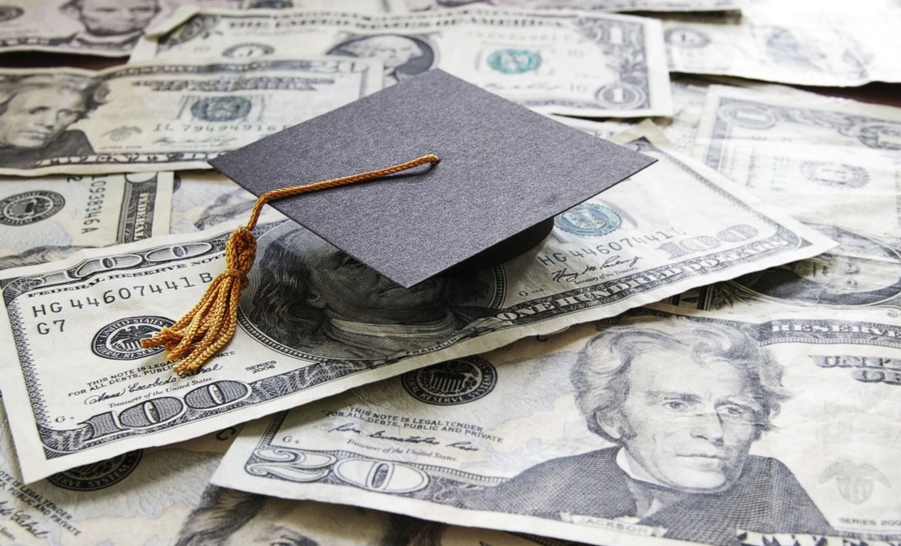Relating Student Mental Fitness, Resilience, and Achievement
This study examined the mental fitness skills (MFS) of First Generation College Students (FGCS) and its relationship to psychological resilience and academic achievement with data from 286 students from a large regional university.






